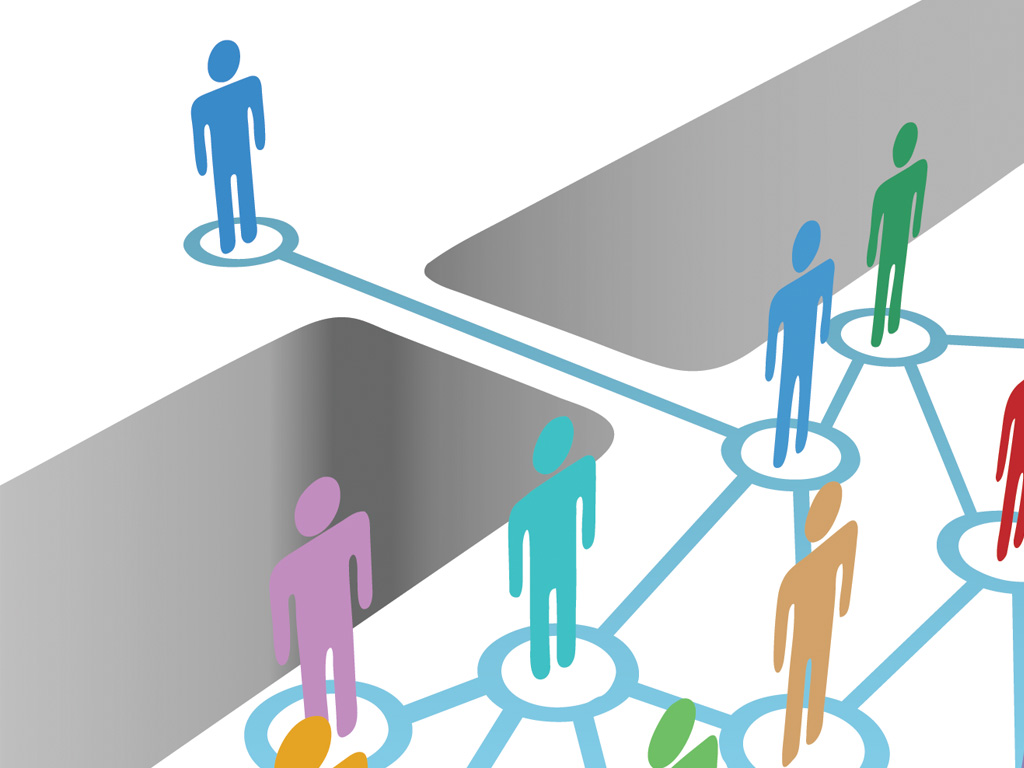Improving skills for young people with learning difficulties

Quick links:
Context and background to sector-leading practice
Trinity Fields special school and resource centre opened in 1998. Pupils have a range of learning difficulties, including autistic spectrum disorder, profound and multiple difficulties, high medical needs and attendant syndromes, sensory impairments, communication disorders, emotional problems or physical difficulties.
The resource centre provides school, community and home based services for children, parents, carers and professionals.
The key objectives are to:
• develop leisure activities;
• promote inclusion;
• improve arrangements for the transition from school to adult services; and
• facilitate good joint working between agencies that provide for children and young people with disabilities and their families.
Funding of £8.8milllion from the European Social Fund enabled the further development of resource centre services across nine local authorities in south Wales. The key features of the Real Opportunities delivery model are person centred planning and peer mentor support. Five interdependent pathways in the transition to adulthood are at the core of the model. These pathways are lifelong learning, relationships, leisure opportunities, employment and independent living.
The establishment of unified staffing structures, procedures and documentation enabled delivery of cohesive service across the nine local authorities. Agored Cymru accredited courses were developed to meet the needs of young people and their parents and carers in addition to staff training and networking opportunities. Course workbooks and related materials, piloted and reviewed in Caerphilly, ensure effectiveness before distribution to other authorities.
Nature of strategy or activity identified as sector-leading practice
‘Real Opportunities’ addresses the gap in support for 14-19 year olds with severe learning difficulties, profound and multiple learning difficulties and autistic spectrum disorders making the transition between full-time education and employment. A multi-disciplinary team of staff in each authority works with other agencies, parents/carers and young people to provide a personalized package of transition planning and support. The aim is to remove the barriers that prevent these young people from participating in everyday activities by improving their skills and raising their aspirations. Through an integrated referral and assessment process, young people may choose to access one or several parts of the service.
Working with schools, ‘Real Opportunities’ builds upon pupils’ learning through practical activities that support them to transfer skills to home and local community.
Through accredited training courses adapted to individuals’ specific needs, the initiative aims to help young people become as independent as possible.
A broad range of courses are available, including travel training, cookery, money management, personal care/hygiene, keeping safe, issues around bullying, assertiveness, managing behaviour/emotions, confidence building, friends, community leisure, peer mentor support, and understanding sex and relationships.
The next section provides further detail on some of the courses available:
Understanding Sex & Relationships
Effective joint work with partners from the local health board and youth service enabled the development and delivery of this course. Partnership working with parents and carers is of particular importance prior to delivery of this course.
Accredited Work Preparation
Historically, a very low percentage of young people who have a learning disability or an autistic spectrum disorder progress to gain paid employment. Real Opportunities support the inclusion of young people with learning difficulties and disabilities through changing the perceptions and practices of employers. It supports young people, parents and carers to overcome their barriers and anxieties about work. The programme includes the opportunity to experience different work environments and seeks to achieve paid, part-time employment.
Peer Mentoring
In partnership with secondary schools and youth provision, young volunteers receive training to offer peer mentor support to young people in education, social and employment settings.
Impact on provision and learners’ standards
Improved planning and co-ordination for the young people and their families has resulted from the close collaboration brought about through the ‘Real Opportunities Programme’. There is excellent partnership working both within and across authorities, between national and local, statutory and voluntary agencies and employers. In addition to effective joint working, training events and network seminars are facilitated where staff from statutory and voluntary agencies from across each authority can come together to share experiences, learn new methods of working and promote good practice.
A monthly e-newsletter that contains good news stories about the achievements of participants together with topical issues that may be of interest to young people, parents/carers and professionals. There is also a website, Facebook and Twitter.
This work has filled an identified gap in provision in the nine authorities where it operates. The Real Opportunities Programme has helped young people with disabilities develop their independence, life skills and learning. As a result, they have increased their friendship circles, wellbeing and widened opportunities for attending college, voluntary work or paid employment.
Real Opportunities maintains comprehensive records and evidence on the impact and achievements of young people including statistics and case studies. For example for the period Sept 2010 – Nov 2012:
• Number of disabled young people who received a qualification certificate – 414 (Many more currently in the verification process)
• Number of disabled young people attended accredited Sex and Relationships course – 151
• Number of accredited units delivered – 2036 (Most young people are achieving multiple units)
• Number of disabled young people gaining paid employment – 23
• Number of disabled young people accessing transition work – 708
• Number of disabled young people accessing youth inclusion – 365
• Number of young people participated in accredited peer mentor course -794
In addition to commissioning its own external evaluation and research, the project is taking part in three national studies, one on transition key working, another on post 16 provision for young people with profound and multiple learning disabilities, the third on employment outcomes for young people with autistic spectrum disorders.